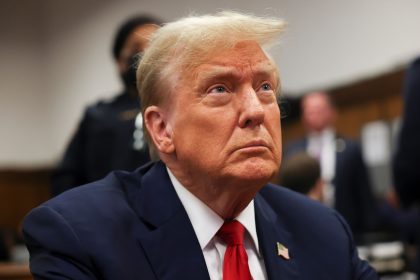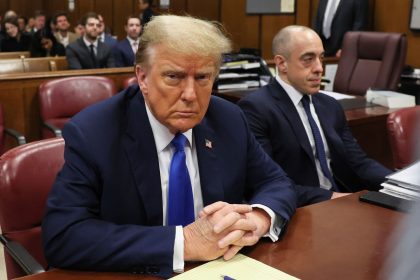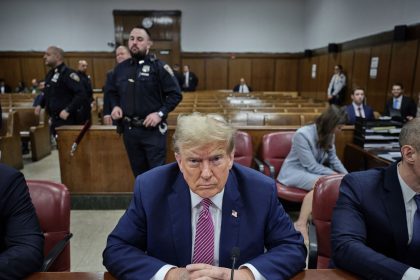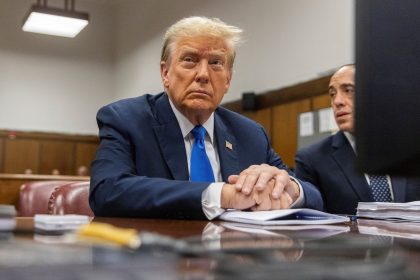Appeals Court Says Judicial Workers Can Engage in Political Activities
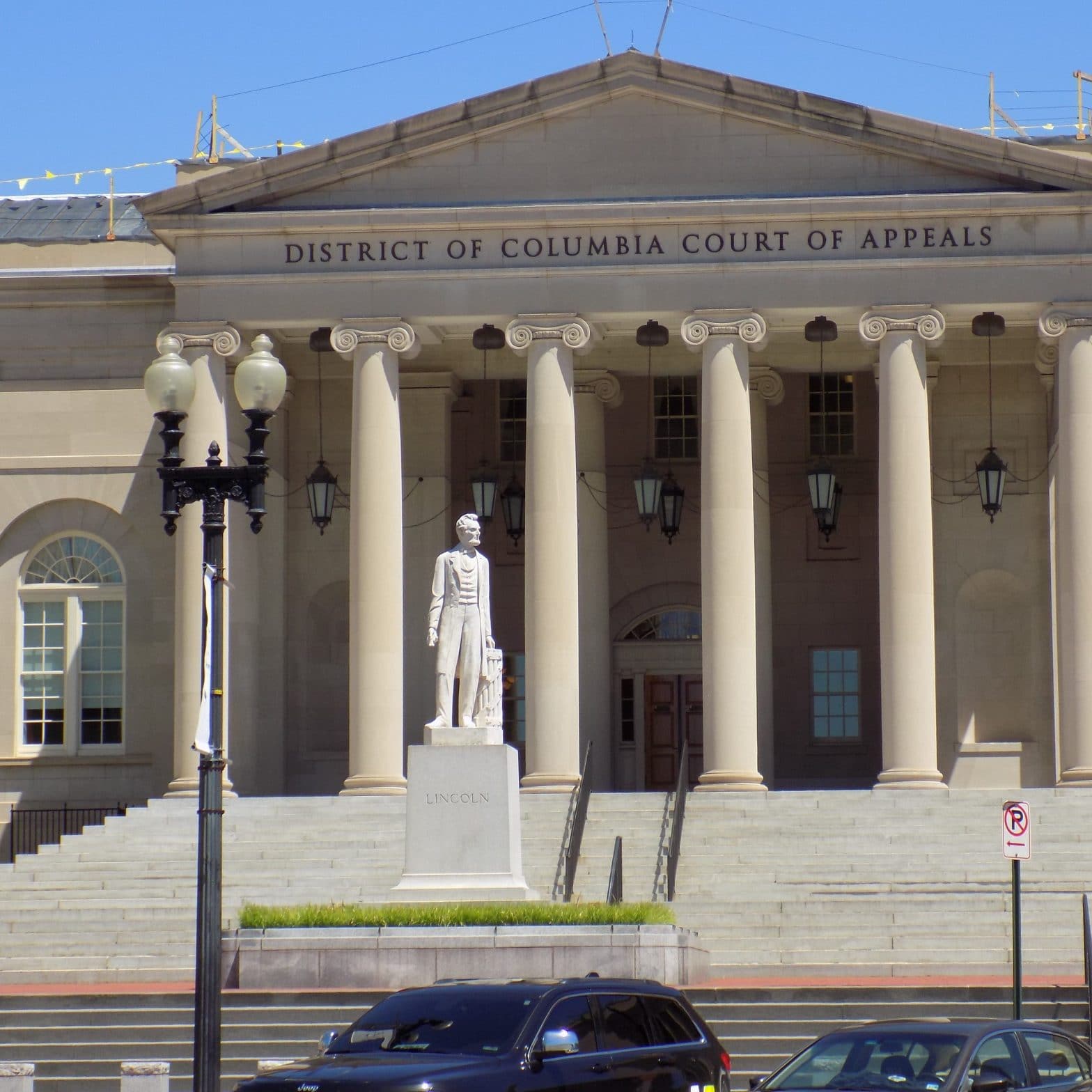
WASHINGTON — The U.S. Court of Appeals in Washington, D.C., this week refused to allow a series of restrictions on the political activity of some judicial workers.
The court’s ruling said the two workers who sued to block the restrictions have a First Amendment right of free speech that was being infringed.
The Administrative Office of the U.S. Courts was trying to avoid conflicts of interest by ordering its employees to abstain from activities that indicate political advocacy. Its administrators wanted to eliminate any image the judiciary was biased when they instituted the rules in 2018.
So far, the decision applies only to the two plaintiffs but the court recommended a review to see whether other judicial workers with similar job responsibilities should be included.
“We certainly hope that the Administrative Office will take the hint from the court” and expand the court’s ruling to more of its employees, Scott Michelman, legal director for American Civil Liberties Union of the District of Columbia, told The Well News.
The plaintiffs were represented by the ACLU, which hailed the ruling as a victory for First Amendment rights.
Some limitations on political activity still are allowed for employees of the agency who work more directly with judges.
The plaintiffs, Lisa Guffey and Christine Smith, succeeded in 2020 in U.S. District Court in winning an injunction against enforcement of the ban on political activities. The Circuit Court of Appeals upheld the injunction after the Administrative Office appealed.
The Administrative Office, established in 1939, is the main support entity for the federal judiciary. It provides administrative, legal, financial, management and information technology services.
Guffey works for the office’s Defender Services Office. Smith works for its Department of Technology Services. Neither of them influences the outcomes of cases.
Judge Justin Walker wrote that “no one in this case takes issue with the [Administrative Office’s] longstanding prohibition of political speech by its employees when they are at the office. But the AO cannot prohibit political speech by Guffey and Smith when they are away from work and in no way affiliating themselves with the judiciary.”
The restrictions prohibit employees from donating to political campaigns or working for candidates, even on a volunteer basis.
They also banned them from displaying campaign signs or buttons, attending political fundraising events, driving voters to polls to support a party or candidate and organizing political rallies.
The majority opinion said the restrictions are unnecessary in most cases because Administrative Office employees work behind the scenes on clerical duties. They do not participate in adjudicating cases.
Administrative Office attorneys failed to demonstrate even one instance of an employee who hurt the judiciary’s reputation through political activities, the ruling said.
“The AO’s argument focuses on the 30 or so employees who advise judges on sensitive matters like recusals and participation in outside activities,” Walker wrote. “That alone indicates that imposing the restrictions on all 1,100 AO employees — from the HR professional who processes a travel reimbursement to the IT-help-desk worker who assists a judge with a forgotten password — is not ‘reasonably necessary to protect the efficiency of the public service.’”
Attorneys for the Administrative Office also argued Congress might lose confidence in the Administrative Office as a neutral messenger of the judiciary if the employees do anything indicating political favoritism.
Judge Karen LeCraft Henderson dissented, saying the 2-1 majority failed to give adequate consideration — or what she called “short shrift” — to the Administrative Office’s attempt to protect the public’s trust in the federal judiciary.
Henderson said, “history, consensus and simple common sense” should justify some restrictions on political activities of judicial workers.
When the lawsuit was filed in 2018, Guffey said in a statement, “During my three decades in public service, I’ve never had to choose between my job and being an active participant in our democracy.”
The Administrative Office was represented by the Justice Department, which so far has declined to comment on the case.
The case is Guffey v. Mauskopf, U.S. Court of Appeals for the D.C. Circuit, No. 20-5183.
Tom can be reached at [email protected] and @TomRamstack

















